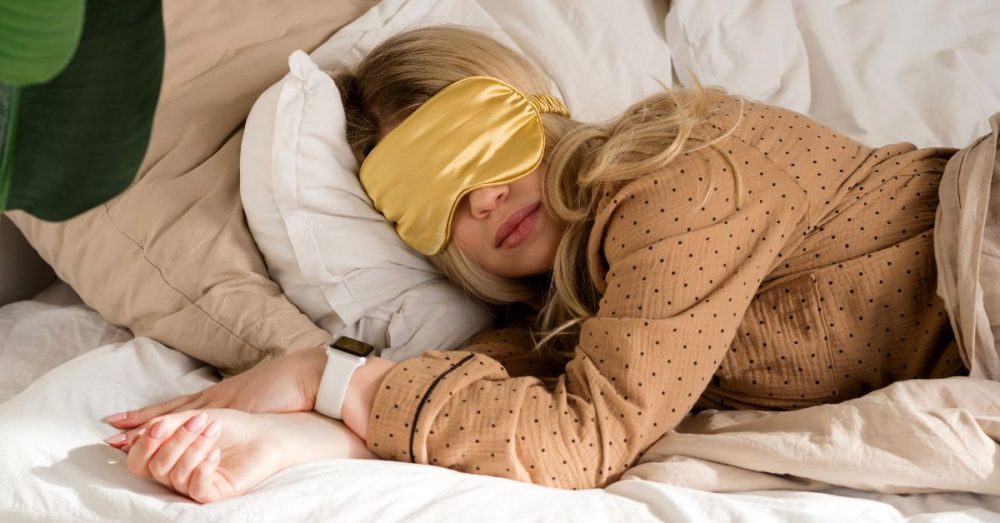Poor sleep has been linked to chronic health problems, many of which are related to cardiometabolic and psychiatric disorders.
A recent study also found that lack of sleep negatively impacts memory formation.
Inconsistent sleep at night can lead to a higher risk of type 2 diabetes, as previously reported by The Dallas Express. Type 2 diabetes occurs when the body no longer correctly regulates and uses sugar as a fuel. This can lead to a person’s blood sugar rising to dangerously high levels, which, over time, can present a significant health risk. This incurable disease can be kept in check, however, through diet, exercise, and medication.
Since type 2 diabetes is an acquired problem, older adults are most at risk. However, due to rising obesity rates, increasingly more children and young adults are being diagnosed with it. Obesity has long been considered a significant risk factor for type 2 diabetes. According to the ADA, carrying extra weight can also lead to blood pressure and cholesterol issues, which can usher in heart disease — the leading cause of death in the U.S.
Fox News reports on a new study that found those who catch up on lost sleep over the weekend have a 20% lower risk of developing heart disease. Here’s the start of the story:
For many people who wake up early to attend school or work during the week, lack of sleep is a common complaint.
In a recent Gallup poll, 57% of adults said they would “feel better if they got more sleep,” while only 42% said they get “as much sleep as they need.”
Sleeping late on the weekends is a natural response for some — and new research has found that catching up on shuteye in this way can have surprising benefits for heart health.
At the European Society of Cardiology (ESC) Congress 2024 in London, which will take place Aug. 30 through Sept. 2, Chinese cardiovascular researchers will present findings from a U.K. Biobank study, which analyzed sleep data from 90,903 individuals over a median of 14 years.
A total of 19,816 (21.8%) of these participants reported being sleep-deprived, getting less than seven hours of sleep per night, while the rest experienced occasional inadequate sleep, according to a press release on the ESC website.


